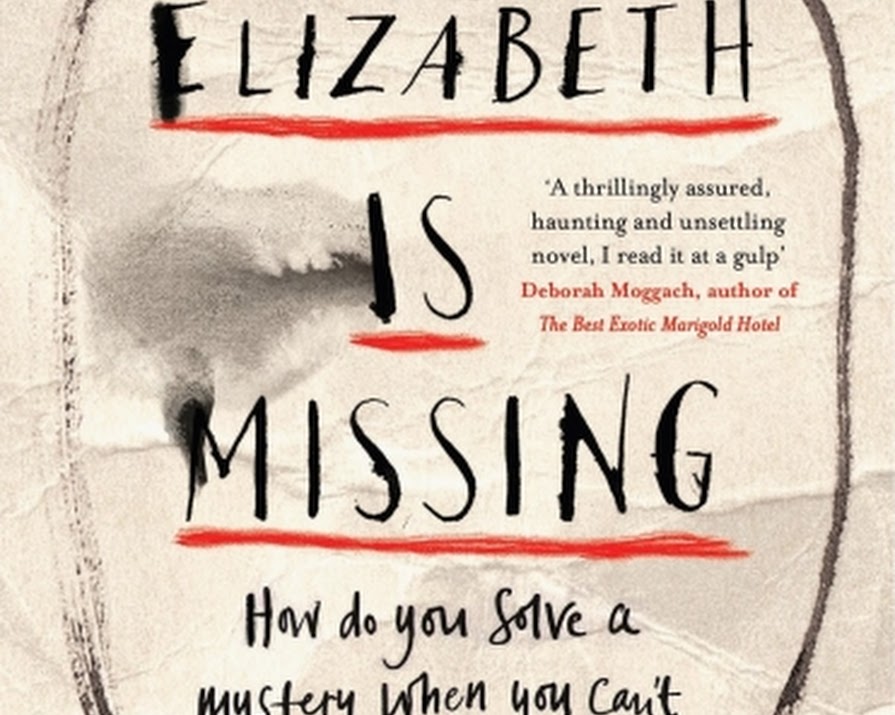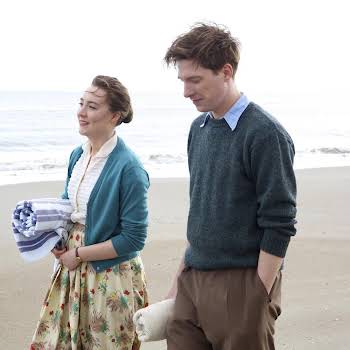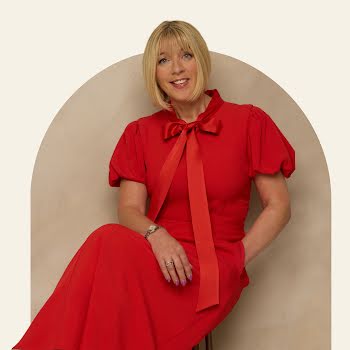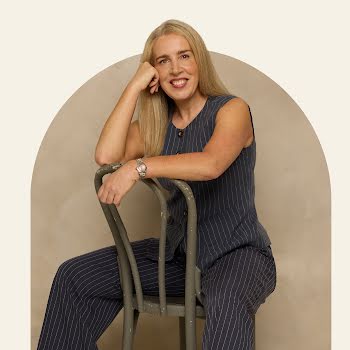
By Jeanne Sutton
17th Aug 2014
17th Aug 2014
Emma Healey novel
An unreliable protagonist is nothing new – we’d name names but spoilers – but an octogenarian protagonist in the throes of dementia determined to solve a missing person case is certainly novel. Elizabeth is Missing is young writer Emma Healey’s debut and tells the story of Maud, a woman who makes cups of tea she forgets to drink and no longer recognises her own daughter. The only thing Maud is certain about is her friend Elizabeth is missing. She has a note that tells her so. Maud’s investigation is interspersed with flashbacks to another seventy-year-old mystery alongside encounters with the confusing present as she sets out to find Elizabeth. Her voice emerges with a clarity that is muddled yet crystal clear. At the London Book Fair in Spring 2013 Healey’s manuscript became the subject of a bidding war with the television rights selling before the novel was even published. It’s also already attracted acclaim from writers such as Deborah Moggach, Emma Donoghue and Jonathan Coe. Yes, Emma Healey is certainly one to keep your hawk eyes on. We caught up with her when she visited Dublin earlier this summer.
When did you decide to be a writer?
I always wanted to be one. I remember writing a short story when I was about four. When i say short story it was like gobbledygook. It was the same time I realised Emma Healey was very difficult to write. I could write Emma and then Healey was like a collection of squares and circles because I thought that would do. I remember that experience of writing lots of random words one after another which I obviously thought was a work of genius, but it probably wasn’t. I really wanted to write when I was eight but there was a point at age ten or eleven I realised you couldn’t go around telling people you wanted to be a writer. It got past the point where they thought it was cute and they wanted a proper answer so I used to say that I wanted to be a litigator instead. (Apparently she was inspired by the movie Clueless, where the father character is a famous litigator) I had really very little idea of what a litigator did. It sounded like a proper grown up job and then about fifteen, sixteen I started to write short stories. I was writing fairly constantly from then but I never admitted to anyone that I writing. It was too embarrassing to say. And so I wrote in secret and then I began to write this book when I was 22, 23 and even when I was going to the MA and doing creative writing I would tell people I was doing an MA but when they asked me what it was about I would say “Oh it’s English… English literature or…” I would not want to tell anyone it was in creative writing. Even now when people ask ?What do you do for a living?? I say I work from home because that kind of ownership of being a writer is self-important.
The book is quite frustrating and claustrophobic, especially when Maud comes into contact with authority figures and is faced with questions from ?normal people?. How did you feel embodying such a character? Did you have to defuse?
I found it incredibly freeing because what I found I couldn’t do when I was beginning to write was write about myself. I found that really inhibiting. It was almost like writing a diary and then expecting that at some point in the future someone might read it. I wasn’t able to finish any projects. When I hit upon this idea and knew that my character would be in her eighties and wouldn’t be me and no one would be able to come up to me and talk to me afterwards and say “You wrote that book about that time you had Alzheimer’s in your eighties.” I knew then I could write without any inhibition. I found it incredibly freeing and strangely easy despite all the restrictions. I think the big problem with writing contemporary fiction is you don’t have that many restrictions because most contemporary characters can do pretty much anything they want. They’re not particularly restricted by social norms so it’s quite interesting to have a different kind of restriction placed on the character. In this case it was just her own mental obstacles.
In interviews you’ve spoken about how both your grandmothers influenced the character of Maud. Was your family okay with you divining that sort of inspiration?
They seem to be fine with it. My dad’s mum who has dementia was the person whose dementia experiences I utilised. They seem in general very happy. They got a bit confused and sometimes thought I was trying to write a biography of her. So I heard a few phone calls where they said ?But this didn’t happen!? and I was like ?I know because this is fiction?? My mum’s side of the family have been pleased because I’m using a lot of the stories that my Grandmother told me about her early life. There’s a feeling of a longer life there that’s been documented.

According to official figures there are currently 800,000 people with dementia in the UK, with two thirds of these women. By 2021 there will be over one million people living with disease. It’s such a common social issue – have people reacted to the book personally? Do they talk to you about dementia in their family?
Since I began to tell people I was writing the book people would be incredibly generous with their stories about their relatives with dementia. It’s really fascinating – both the awfulness, how miserable it is and difficult. especially for the carer of someone with dementia, but also all those light moments – the funny things that people do, those moments where someone mellows in their family and dementia does something to their relationship which maybe makes it stronger than it had been.
Do you have any opinions on government policy in relation to dementia and elderly care?
I think that carers aren’t nearly supported enough. I think there is an idea that as long as someone in the family is looking after a dementia sufferer that’s fine, they can be left to it and it saves the state money. These are the people who are giving up their lives? that can be incredibly difficult and there’s a point at which they are forgotten and they don’t get enough respite care. It’s a 24 hour job looking after people who might leave the house at any moment, get lost, or leave the gas oven on. It must be absolutely terrifying and a lot more can be done to help those people.
A lot of modern crime fiction is trending towards protagonists with Asperger’s, eccentricities, a touch of sociopathic behaviour? You’re now bringing dementia into the mix. Why do you think there is this taste for something different in crime fiction other than the gruff, divorced detective?
I think there has been a saturation point for the detective who’s divorced, got a drinking problem, who isn’t able to deal with the world around him very well. There will always be a place for someone like that but it’s great to see other things. I probably wouldn’t put myself in the crime fiction category just because I don’t think the story is clever enough? I guess mine is crime-lite. I think because people are taking crime fiction more and more seriously, and people like Ian Rankin are real advocates of good language in crime fiction, that opens up a world of possibilities that aren’t just the standard character trying to investigate a twisty crime. Writers like Sophie Hannah, who’s also a poet, are doing really interesting things with crime fiction.
You trained as a bookbinder. How involved were you in the design process for Elizabeth is Missing?
I wasn’t. Luckily they came up with something that I immediately loved. I had heard horror stories about them trying to put pink heels on books. None of that happened with me. I had really very little to do with it other than go ?Yes, thank you! Love it!?
You did the famous creative writing MA in the Univeristy of East Anglia – was that helpful? Do you think you would have written the book regardless?
I think I would probably still be writing it to be honest if I hadn’t done the course. All those light bulb moments that you hope for when you’re writing just came to me while on the MA. It was one of the best things in my life and I think the book is richer and better because of it.
You sold the television rights before the novel was published. Do you have any thoughts on what you would like to see happen, or what you wouldn’t like to see happen with the adaptation?
I have no idea how you would make it into a TV programme. So much of it is about being inside Maud’s head I can’t quite imagine how it would work when you’re not inside, when you’re seeing her from the outside. But I guess I just have to trust that the people who if they make it, make it with some of the same kind of atmosphere.
Elizabeth is Missing is published by Viking and available to buy here.
Jeanne Sutton @jeannedesutun























